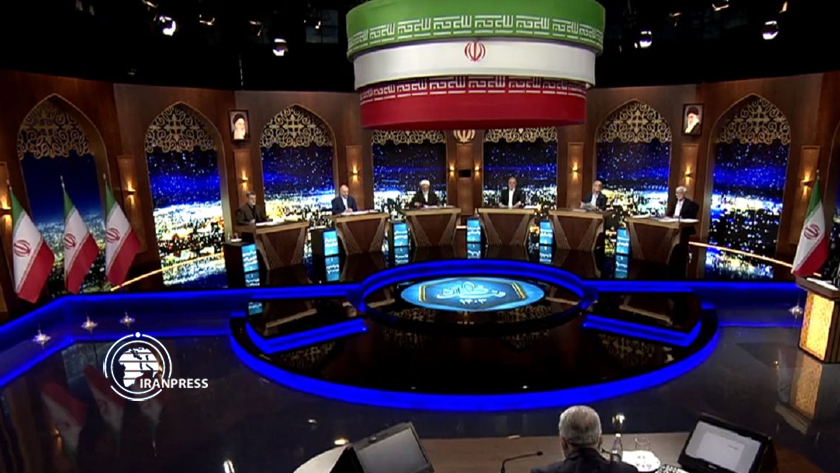In a recent discourse illuminating Iran’s subsidy policies, prominent political figures outlined their perspectives on the current economic landscape and proposed remedial measures. The speeches reflect a deep-seated recognition that equitable distribution of wealth and maintaining justice are paramount to the nation’s fiscal health and societal well-being.
Mohammad Bagher Ghalibaf emphasized the imperative of purposeful allocation of subsidies to ensure justice and the preservation of public wealth. He declared, "From the beginning, our subsidy strategies have lacked direction. We must remember that our people’s right is to live well, not just an ordinary life." Ghalibaf highlighted that the incoming president should guarantee improved living conditions, questioning the rationale behind retirees living in poverty and advocating for stable labor shares in production. He advocated for redirecting subsidies towards producers rather than consumers, emphasizing the importance of adjusting wages to match inflation either through monetary compensation or provision of essential goods.
In a critical review of Iran’s economic history, Mostafa Pour Mohammadi reflected on the past two decades, noting that despite a focus on justice, actions to uplift underprivileged classes had fallen short. He pointed out that initial neglect in subsidy targeting coincided with the imposition of sanctions. He mentioned the Financial Action Task Force (FATF) issue that stymied the country’s economic exchanges, criticizing the extensive but non-targeted subsidies and underscoring the need for bolstering the resilient economy and rebuilding public trust.
Alireza Zakani presented a forward-thinking solution dubbed the "Golden Subsidy", part of a comprehensive "Welfare" package that promises to address subsidy distribution inefficiencies. He asserted, "We are a wealthy country, but household subsidies on gasoline, gas, and electricity are poorly distributed." Zakani’s proposal involves providing 20 grams of gold annually to each three-person household, incentivizing savings and aiming to eradicate absolute poverty while establishing justice.
Masoud Pezeshkian supported the call for equity, presenting statistics pointing to significant disparities in gasoline consumption across different economic classes. He highlighted that over 50% of bank loans favor Tehran residents, exacerbating the wealth gap. He called for a unified approach to address the increasing poverty rates and adverse conditions in marginal and border regions, suggesting that subsidy distributions should reflect the economic pressures faced by lower-income deciles.
Saeed Jalili drew attention to the gross inequalities in subsidy distribution, noting that wealthier families disproportionately benefit from subsidies. He remarked, "A family that owns three cars receives 12 times more subsidies than a carless family, while 44% of families do not own a car." Jalili called for serious tax reforms to tackle the issue of tax evasion by high-income earners who simultaneously benefit from subsidies.
Amir Hossein Ghazizadeh Hashemi emphasized the moral and economic urgency of addressing poverty, invoking Islamic teachings that equate poverty with a lack of faith. He recounted the economic downturn of the 1990s, which saw a dramatic decline in public purchasing power. Despite the distribution of significant funds, general welfare did not improve. Proposing substantial reforms, he advocated for returning assets to the public and overhauling subsidy mechanisms, highlighting that the value of subsidies had dramatically decreased from 45 dollars to 11 dollars.
These dialogues signal a collective acknowledgment among Iranian leaders that profound and well-targeted fiscal reforms are indispensable for alleviating poverty and fostering a fair and thriving society.
For more detailed coverage, please visit Iran Press.
